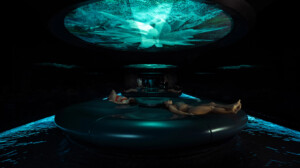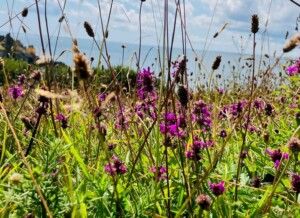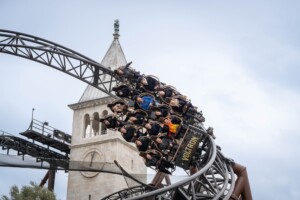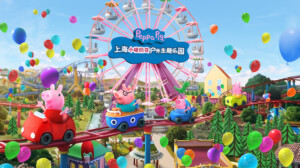Seoul has closed public institutions once again, including museums, churches and art galleries, as South Korea reported a spike in new COVID-19 cases.
Many public institutions are now closed until June 14 in Seoul. This came after South Korea reported a spike in COVID-19 cases on May 28. South Korea reported 79 new confirmed cases, the majority of which were in the capital Seoul.
In response to this, Seoul has closed nine museums, four national performing arts theatres, and seven state art companies for two weeks.
According to the Art Newspaper, the shutdown affects state-run museums, including the National Museum of Korea, the National Palace Museum of Korea, and the National Museum of Modern and Contemporary Art (MMCA) in Seoul, Gwacheon and Deoksugung.
South Korea reported 79 new COVID-19 cases
The MMCA reopened on May 6, operating for just 24 days. A spokesperson told the Art Newspaper that “it seems possible that the closure and opening of the museum could be repeated, depending on the situation of COVID-19”.
Other shuttered museums include the Seoul Museum of Art, Nam-Seoul Museum of Art, Buk-Seoul Museum of Art, and Leeum, the Samsung Museum of Art.
“The next two weeks are crucial to prevent the spread of the infection in the metropolitan area,” health minister Park Neung-hoo told the Guardian. “We will have to return to social distancing if we fail.”
“We have decided to strengthen all quarantine measures in the metropolitan area for two weeks from tomorrow to June 14,” he previously told AFP.
Museums closed until June 14 in Seoul
Director of the Korean CDC, Jeong Eun-kyeong, told the Guardian: “The number of people or locations we have to trace are increasing geometrically.
“We will do our best to trace contacts and implement preventive measures, but there’s a limit to what we can do.
“There is a need to maximize social distancing in areas where the virus is circulating, to force people to avoid public facilities and other crowded spaces.”















